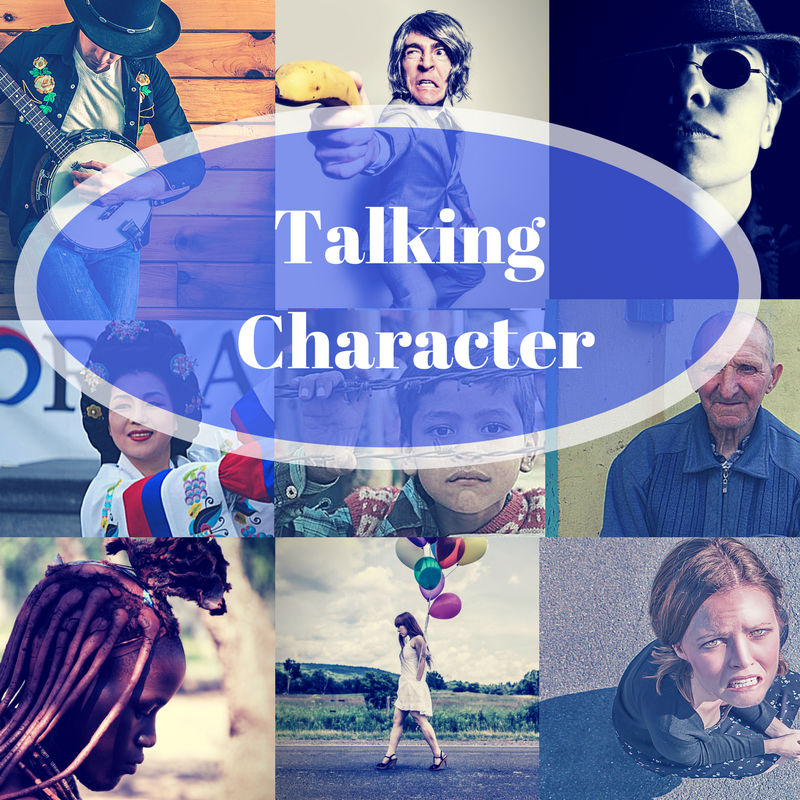I am not a horse person. I freely admit almost complete ignorance in regard to horses and horse-related things. So, when my critique partner (who is a horse person) suggested I change the word whinnied to the word nickered, I complied.
One little word, but to a horse person it makes a big difference.
[bctt tweet=”Don’t let your characters whinny when they should nicker. “]
Authenticity is in the details
Authors are typically aware of the importance of such details when it comes to things like setting or historical accuracy, but sometimes we forget about the male-female thing. We are so used to peopling our stories with both male and female characters that we forget half those characters do not think and react like we do.
Sometimes gender inaccuracies are a matter of word choice. Consider the following words:
- Giggle
- Guffaw
- Snicker
- Titter
- Whoop
- Shriek
All synonyms for laughter, but if a male character giggled or tittered the reader might be jerked out of the story, because those words don’t feel appropriate for men. We cannot control the associations every reader has with certain words, but we can be aware of typical attitudes like: women and children may giggle, but men do not.
Obviously, there is more to gender authenticity than proper word choice, such as making sure characters react in gender-appropriate ways. My husband sometimes catches these lapses for me. He will read a scene and say, “a man wouldn’t do that.”
Being the lone female in the household, I have a pretty good understanding of male behavior, but when my husband makes comments like that, I listen. Because no matter how much I try to “think male,” my own personality colors everything I write.
Do you need an expert opinion?
Many writers have a list of experts they consult whenever they need specific details in a certain field. I submit we need a gender expert as well.
My husband is my resident expert on being male. He helps me spot “unmale” details, but he also helps me when I am struggling with a male character’s reaction in a scene:
Sometimes I imagine four or five different options for how a character might react, each of which plays out differently. They all seem valid to me, and I wrestle with the scene, trying to figure out which choice is best. I have discovered that if I describe the scenario to my husband can sometimes say, “forget about A, B, and C. All your character cares about right now is D.”
Lo and behold, when my character focuses on D, the scene plays out and everything feels right. Thank you, Mr. Male Expert!
Do you have a gender expert? Someone who can read through your scenes and spot your lapses in gender authenticity? Maybe you should find one.
This same concept applies when we write characters that are very different from us in other ways, particularly ethnicity. All cultures do not have identical values and expectations, so we may need someone with firsthand knowledge of a culture to ensure we are not putting our values in a character that would not share them.
[bctt tweet=”How do you ensure your characters act with authenticity? #writetip”]
Bottom photo credit: Kevin McShane via Compfight cc








No Comments